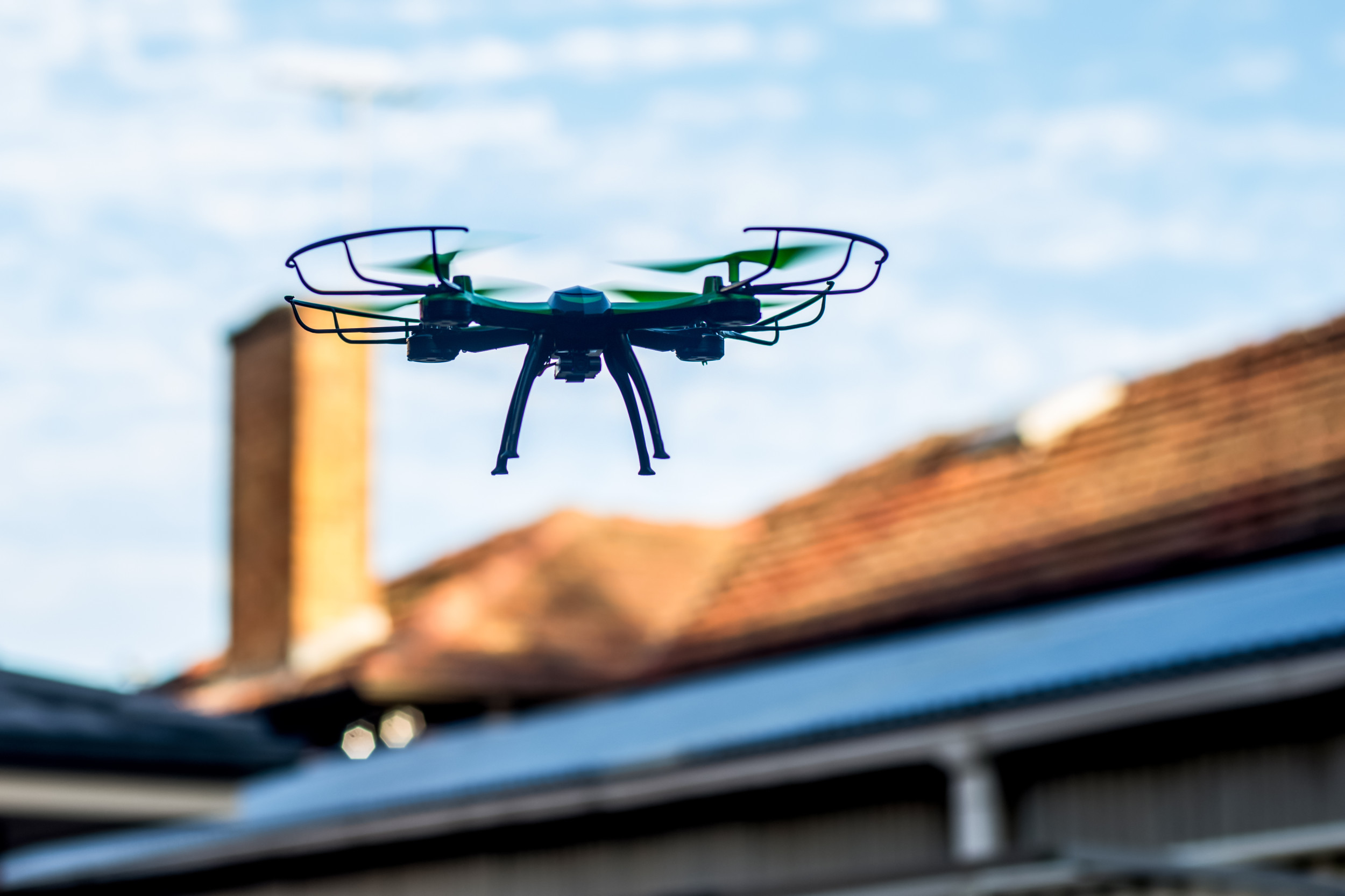If President-elect Donald Trump implements the tariffs he promised during his campaign, next year's Thanksgiving prices could be a lot higher, some economists are warning.
Americans are already facing high inflation on many food items when they go to the grocery store, and some Thanksgiving staples are priced higher than ever. But next year, when Trump is back in the White House, his proposed tariffs could make those prices skyrocket even further.
John Lowrey, assistant professor of supply chain and information management at Northeastern University and a food pricing expert, said because tariffs lower capital productivity, shelf-stable products for Thanksgiving meals like spices and seasonings could be especially impacted.

"Firms pass-through higher labor costs onto consumers, in the form of higher food prices. Firms with greater market share or power, like Walmart in the food retail sector, can more effectively pass-through costs onto consumers," Lowrey told Newsweek.
Trump has called for a 25 percent tariff on goods from Canada and Mexico and an even higher 60 percent tax on all goods from China.
Alex Beene, financial literacy instructor for the University of Tennessee at Martin, said it's difficult to make an exact estimate on how the tariffs would impact Americans economically.
"The effects of the proposed tariffs would vary depending on where grocery items are imported from and the amount coming into the United States, so it's difficult to make a proper estimate of the economic impact that would have on Americans," Beene told Newsweek, adding that Americans would likely feel the impact well before next year's holiday.
"What we do know is more grocery items are being imported by the United States with each passing year, and any tariff would push those prices higher. This would be devastating for millions of American consumers who are already dealing with inflated prices at the grocery store and barely keeping their heads above water financially."
The tariffs Trump has outlined could lead to more frequent price increases over a period of time, especially as retailers' pricing strategies vary based on the season and current demand. But it also could cause some traditional Thanksgiving foods to be out of stock depending on how much supply chains are disrupted.
"During Thanksgiving especially, which is a period when demand is hard to forecast under normal circumstance, the supply risks introduced by tariffs could lead firms to over-order in an attempt to ensure the availability of key items like fresh produce to frozen turkeys," Lowrey said. "If suppliers fulfill orders close to 100%, over-ordering could exacerbate food loss and waste."
But there could be other long-term impacts on shopping behavior if the tariffs jolt prices up higher on a consistent basis, Lowrey said.
"It is likely that tariffs change the competitive nature of food retail, with more stores competing on factors like availability and assortment, instead of just price," Lowrey added. "Retailers' profitability will remain a function of retaining customer loyalty over the long-term, which will act to limit excessive pricing."
During Trump's first administration, small farmers already felt the strain of higher costs and were forced to rely on relief money to stay afloat, said Kevin Thompson, finance expert and founder/CEO of 9i Capital Group.
"It's no surprise that grocery store prices remain elevated, especially following the pandemic," Thompson told Newsweek.
"Trump's tariffs are already affecting producers, suppliers, and importers as they prepare for rising costs. The mere mention of tariffs or higher import taxes triggers immediate responses in global markets, as stakeholders adjust pricing accordingly."
Farmers will likely translate those higher costs into price increases on the everyday American consumer.
"It's basic economics," Thompson said. "Like companies, farmers often diversify their operations. When costs rise in one area of the business, they may try to offset those increases with revenue from other segments—if feasible. However, these adjustments aren't always seamless, and consumers often bear the brunt of the added expense."



















 English (US) ·
English (US) ·